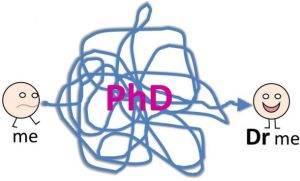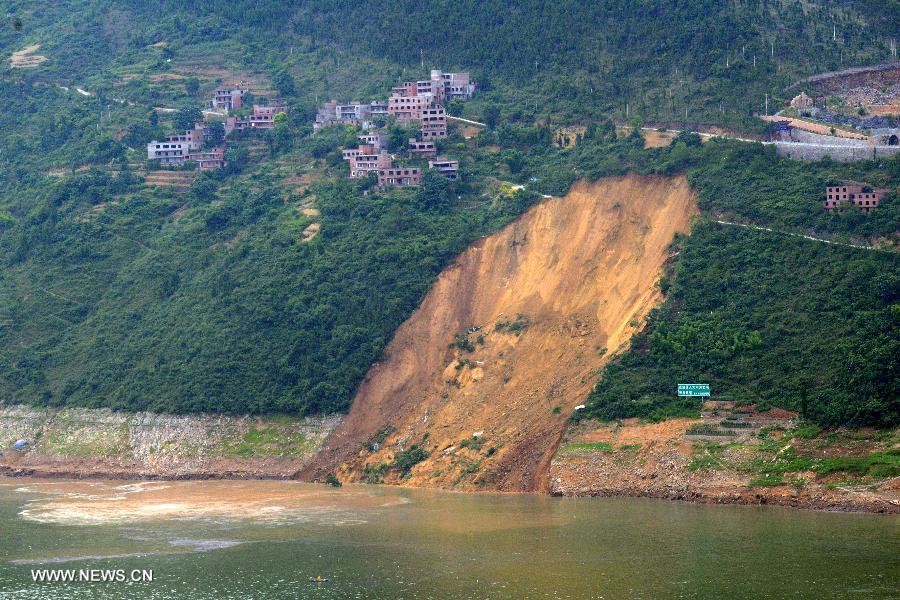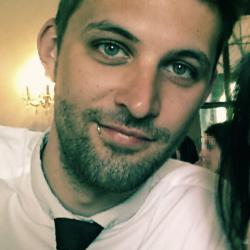New reports (on why geology matters), papers (on Nepal and Chile), a video (on Martian debris flows), some tweets and even more. Today is Friday and here are your links!
Vertical deformation through a complete seismic cycle at Isla Santa María
This recent paper by Wesson et al. models the vertical deformation of a seismic cycle at the Chilean coast and concludes that 10-20% uplift are permanent. And if you follow this link, you can even read the paper for free (at least that worked for me clicking on the link in this tweet).
Indonesia at risk from huge fires because of El Niño
Allan Spessa and Robert Field highlight the potential impacts of an El Nino on South East Asia, looking back at the 1997/98 wildfires in Indonesia and shed light on the current conditions in the Pacific Ocean.
Report Makes a Case for Geology’s Role in Policy Decisions
“Scientific societies in the United Kingdom and Europe strive to raise awareness among decision makers about geology’s relevance to key societal challenges.” Randy Showstack on EOS News about this report that is now available in 13 languages of the European Union. Why does geology matter? Read the report! (PDF)

Landslide-induced tsunami on Daning River, Chongqing
A significant landslide occured this Wednesday in China causing a local tsunami leaving four people injured, one missing. Fishing boats anchoring on the opposing shore were swamped, but no houses were affected. The landslide is described as intriguing because of the low water level of the Daning River and no apparent rainfall trigger:
“The images seem to show a low river level (possibly the river level is being drawn down in preparation for the rainy season?) and there is no mention of a rainfall trigger. The materials forming the landslide scar seem to be fine-grained and quite homogeneous. The fortunate element is that the landslide did not affect the houses located nearby.” (Landslideblog)
Gorkha EQ updates
Two months ago, the Gorkha earthquakes struck Nepal and destroyed the families and homes of a large number of Nepali citizens. The aftershock frequency and magnitudes are decreasing and international financial aid is collected these days. And then there is this early paper by Goda et al.:
Ten things you can learn after starting a PhD
A recurring topic (If I knew why…?) are thoughts on what you learn – or what you really learn after starting a PhD. Including “I am surrounded by the coolest people I have ever met” and “Being self-driven is hard” – by Jen on oncirculation.com.

Debris Flows on Mars
Water Was ‘Recently’ on Mars – And Will Be Again: evidence of fluid water and at least this neat video on debris flows on Mars:
And here are some of my Twitter favourites:








No Comments
No comments yet.